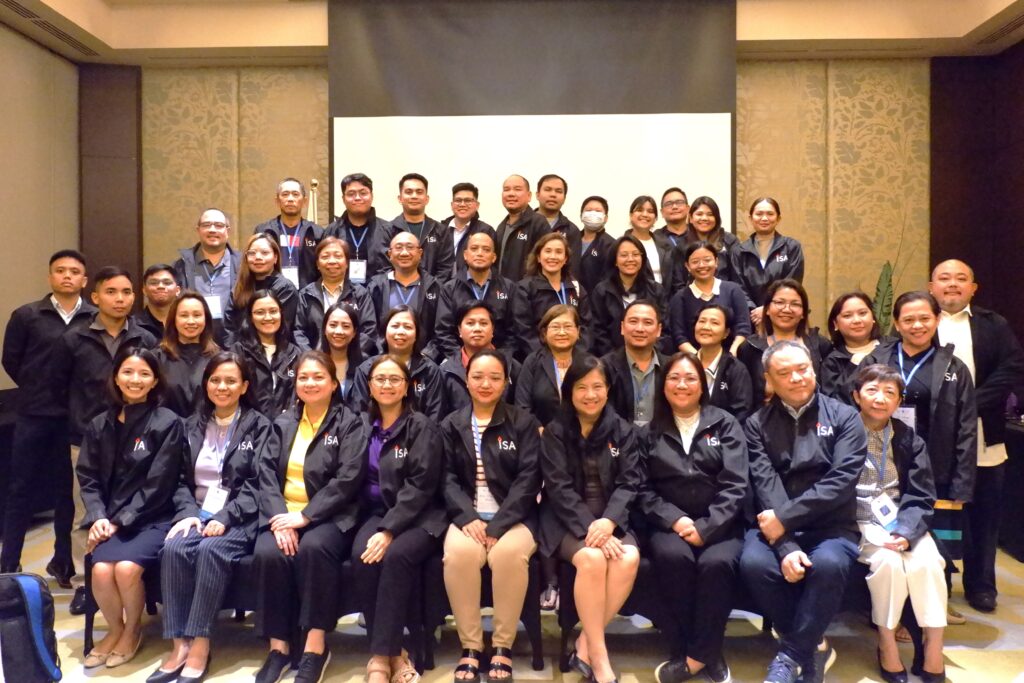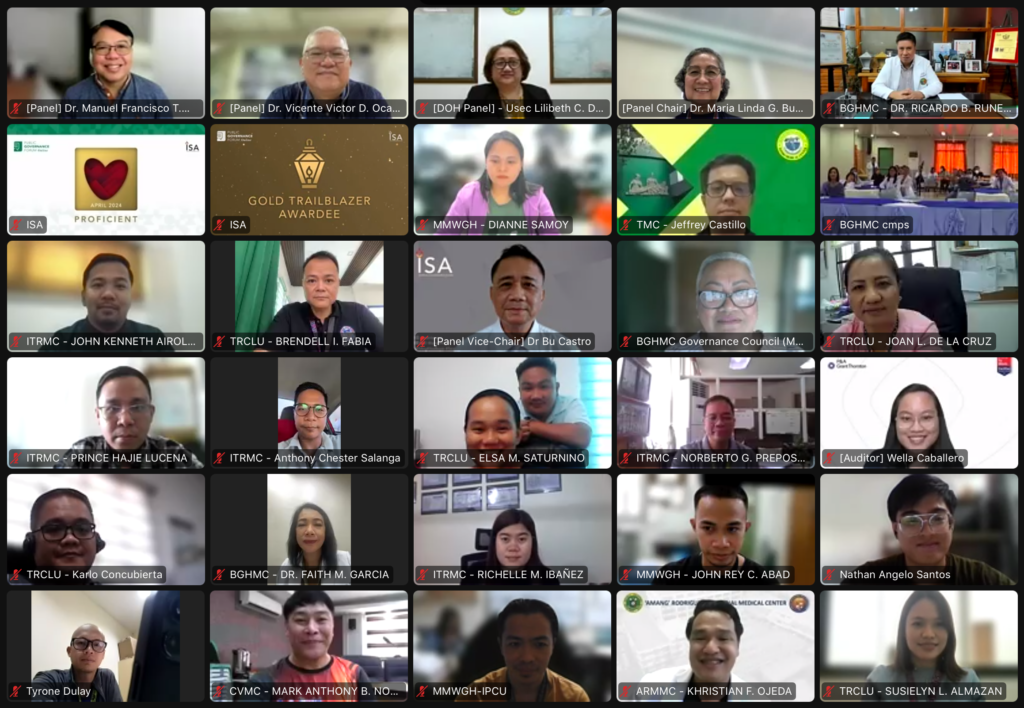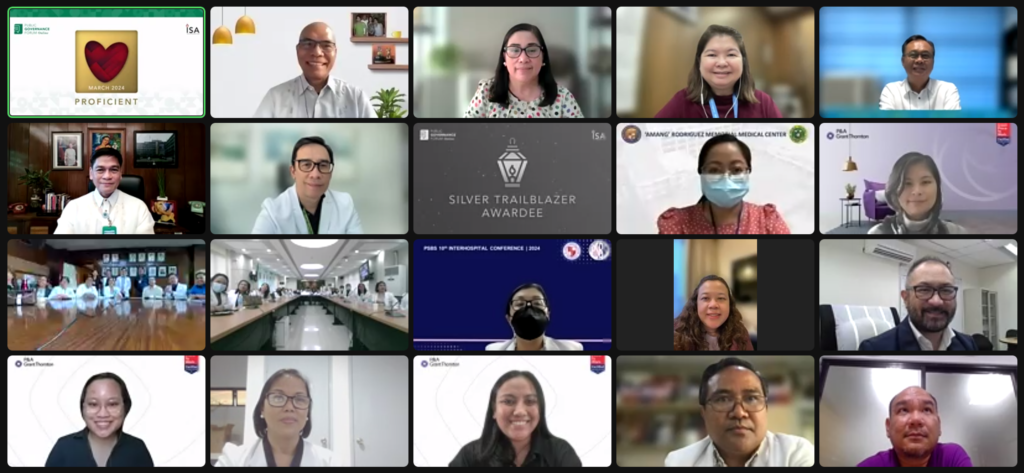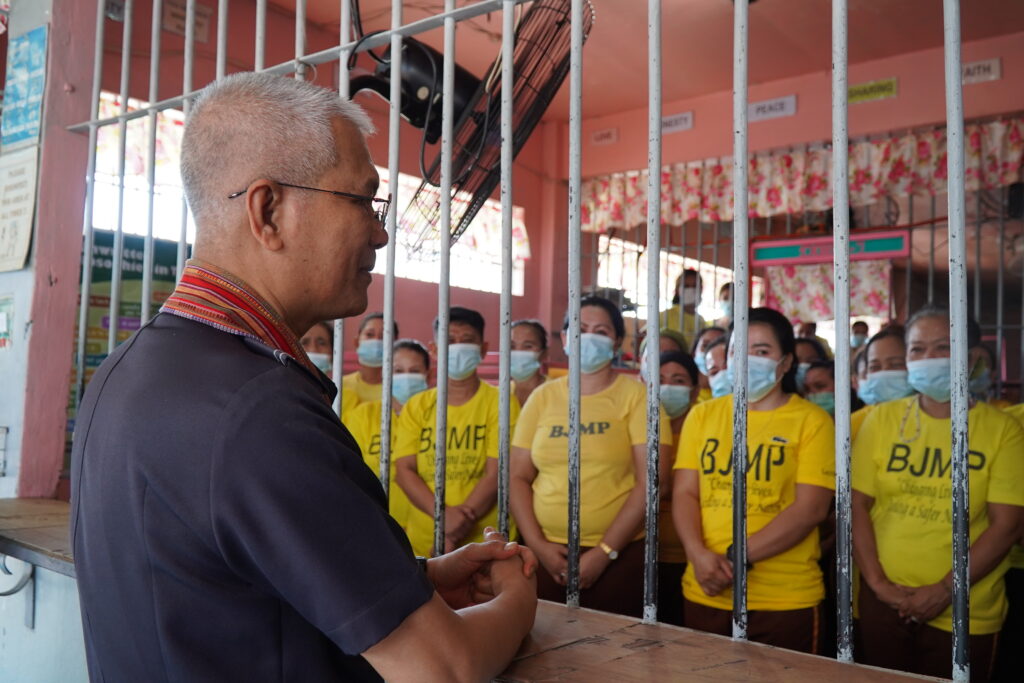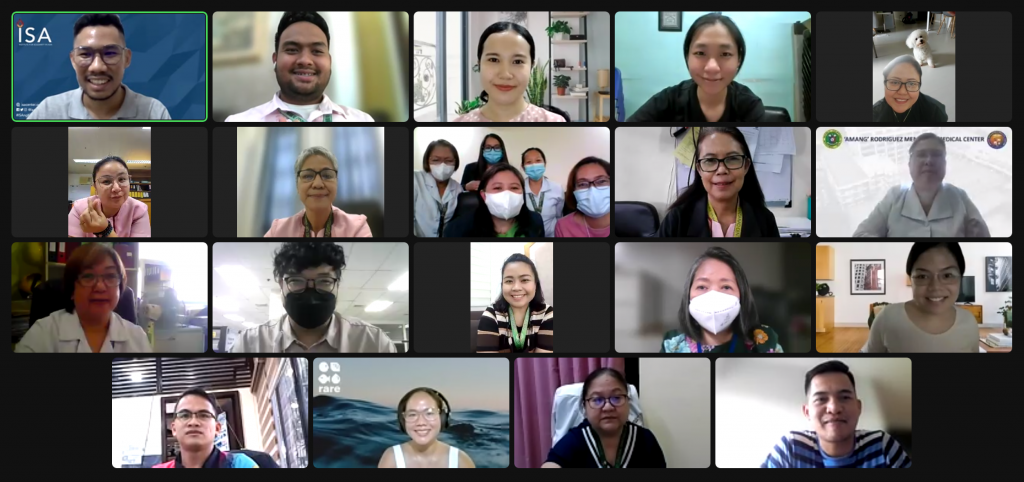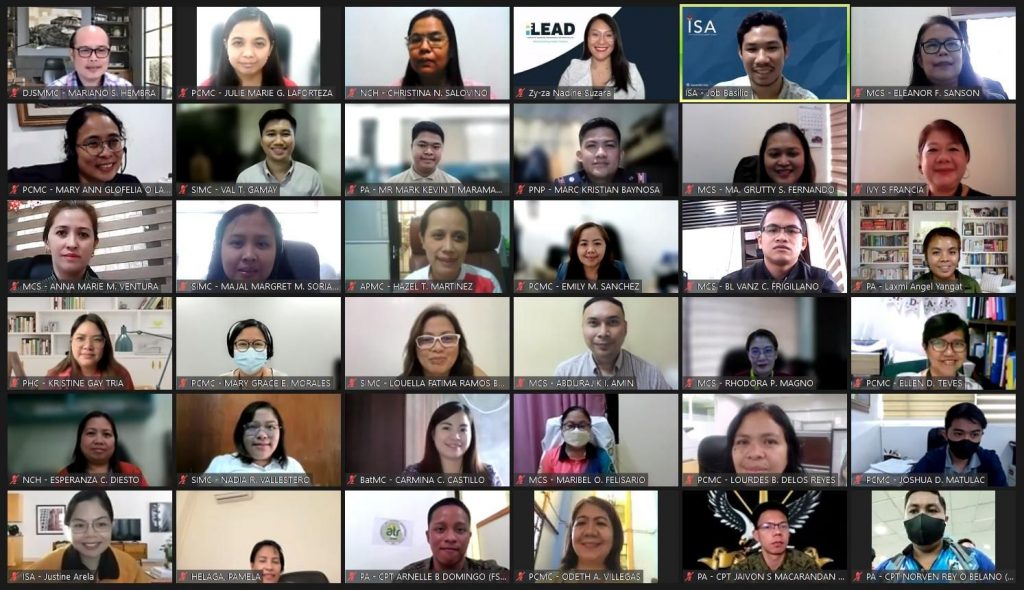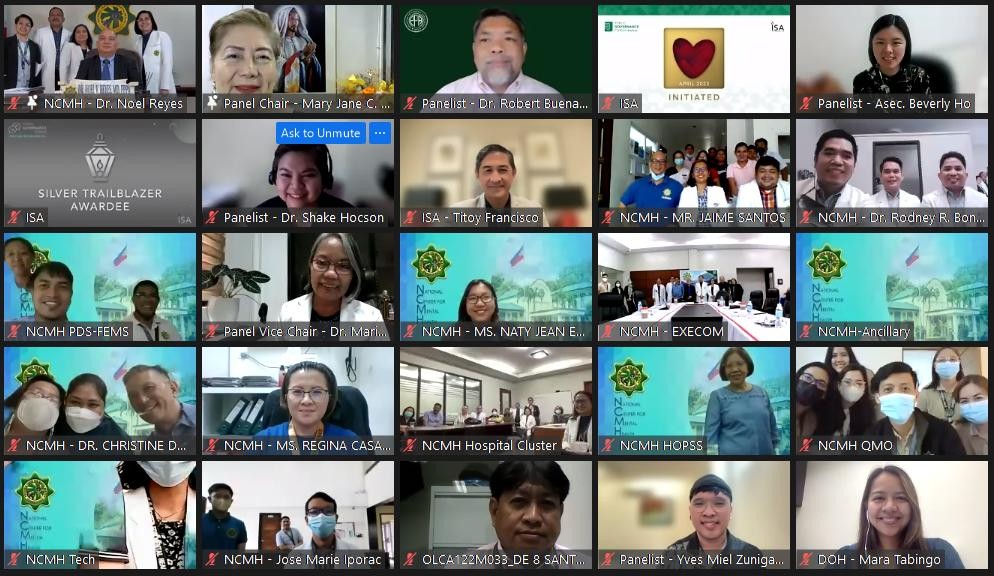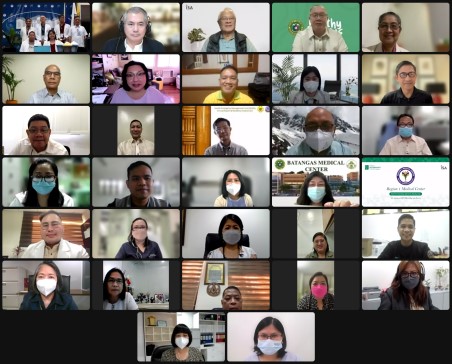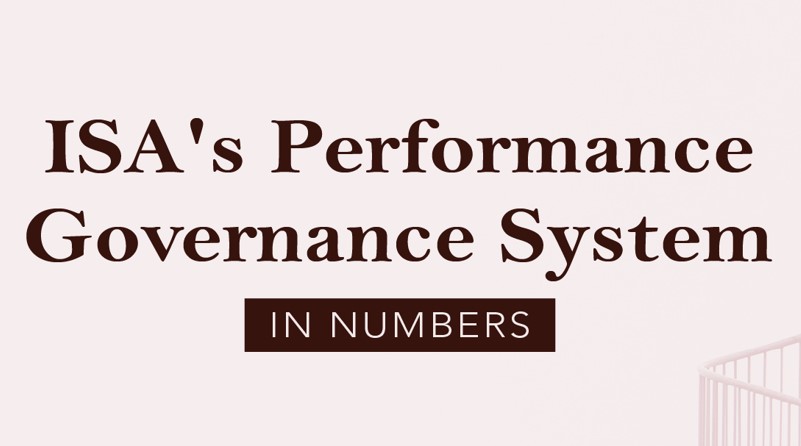With its pristine beaches and a wide array of cultural destinations, the Philippine archipelago is one of the most sought-after destinations for travelers. According to the Philippine Statistics Office, the share of Tourism Direct Gross Value Added amounted to PHP 1.38 trillion, making up 6.2% of the country’s gross domestic product, in 2022 (Philippine News Agency, 2023). Recognizing tourism as a vital contributor to the economy, local and provincial governments actively pursue this industry, bringing in employment opportunities, stimulating productivity in local micro, small and medium enterprises, and boosting tax revenues. These government units are also compelled to enforce strategic and sustainable practices that benefit both the province or municipality and the long-term well-being of its communities and diverse ecosystems.
A noteworthy example is the home of the UNESCO World Heritage Natural Monument, the Chocolate Hills, the Tarsier, and scenic Loboc and Abatan Rivers: The Provincial Government of Bohol boasts a treasure chest of natural wonders, making it one of the country’s most popular travel destinations, for both local and foreign tourists. Recognizing the pivotal role tourism plays in Bohol’s economy, its provincial government is committed to boosting the tourism sector and fostering community prosperity through the industry. To achieve and sustain transformative goals that endure changes and disruptions, there was a need for a robust solution.
Stepping onto the scene is the Institute for Solidarity in Asia (ISA), a non-profit organization offering the Performance Governance System (PGS), a framework for transformation designed to help public institutions create, execute, monitor, and sustain roadmaps to long-term reform. With a proven track record of driving positive change and success across diverse government organizations, ranging from local government and Department of Health hospitals to national government agencies, the PGS has played a crucial role in instilling principles of good governance and accountability, and cultivating a culture of continual improvement and sustainability across various public institutions.
Fueled by the PGS as an open-platform partner, the Provincial Government of Bohol began to make big strides toward achieving performance-driven governance. Initiated by the Governor of Bohol, Hon. Erico Aristotle “Aris” Aumentado, the province embarked on its PGS journey in August 2022, coinciding with his election year, marked by a strategic planning session.
“For many years I had exposure with ISA, so I thought that it was important also to have it here in the Provincial Government of Bohol,” Provincial Administrator, Ms. Aster Caberte, told ISA. She was a former employee of the Department of Trade and Industry, an ISA partner institution that became PGS Institutionalized in 2015.
In ISA, open platform partners refer to public institutions that undertake interventions under the PGS but are not formally enrolled in the pathway. They do not undergo the four stages of the PGS but adopt the strategic practices associated with these stages. In this context, Bohol underwent the first two interventions in the Initiation stage (strategic positioning and strategy planning) during the administrative transition in 2022.
“It happened on the very first term of Governor Aris Aumentado. Everything was aspirational. [T]he Governor, who was also very new, wanted something to push forward via the strategic change agenda, so I thought of contacting ISA para matulungan kami (to help us).”
With its rich biodiversity and ample natural resources, the province’s tourism sector was indeed in need of help as it faced vulnerability to several damaging activities. For decades, illegal quarrying, logging, and destructive fishing practices have threatened the sustainability of Bohol’s natural resources. With a great supply of limestone, Bohol is also one of the top quarrying spots in the country, making it susceptible to illegal quarrying, and ultimately mass environmental degradation if such practices are not regulated. Since the implementation of their strategies, Bohol has started enforcing stricter regulations to protect their natural resources.

“We take it as a breakthrough when we streamline the collection of penalties and permitting for our gravel quarry. It can be recalled that in the previous administration that it was very problematic. We reviewed the process and we put in the value of integrity and professionalism. Now, our collection is like times four,” Ms. Caberte recalled.
Parallel to these environmental initiatives, Bohol has proactively addressed internal organizational challenges. An essential facet of this transformation involves fulfilling approximately 500 vacant positions within the provincial offices. Ms. Caberte shared insights into this process, highlighting the establishment of the Personnel Selection Board under her chairmanship. The recruitment and promotion procedures have been meticulously redesigned, creating a professional and transparent system that attracts high-caliber individuals.
“We can feel that our employees are inspired because they can see the transparency of the whole process,” Ms. Caberte shared, noting the positive impact of the initiative on employee morale.
Responding to complaints about the procurement process in the Provincial Administrator’s Office, Bohol acknowledges its crucial role in streamlining operations. In addressing these concerns, the province has initiated a thorough review of the procurement system, supported by robust financial management, to enhance efficiency. Although the process is not fully complete, Ms. Caberte expressed optimism, stating, “It is progressing fast, and we can already see the improvement.”
Building on the achieved breakthroughs and ongoing initiatives as an open platform partner, the Provincial Government of Bohol envisions an even more profound transformation journey.
The province aims to sustain its positive momentum with an ongoing partnership with ISA and is considering entering the PGS Pathway by achieving Initiated Status.
“I am sure that would be the direction that we would like to go for. We are already here, so why not proceed, ‘di ba (right)?” Ms. Caberte said.
“We are really reaping the fruits of that exercise with ISA.”

As part of its forward-looking strategy, the province is also looking to advance its Prime Human Resource Management to the Third Level. This strategic move is set to align seamlessly with their Quality Management System Certification, marking a comprehensive approach to organizational excellence. Simultaneously, the province is gearing up to leverage its Geopark designation to maximize its potential in tourism. The development of Geotrails and Geoproducts, and the establishment of the Geopark Management Council represent key components of Bohol’s multifaceted plan. This strategic vision underscores Bohol’s mission toward continuous improvement and development on both organizational and environmental fronts.
Currently, Bohol positions itself as a prime eco-cultural tourism destination and a strong agro-industrial province in the Visayas with an empowered and self-reliant people who are God-loving, law-abiding, proud of their cultural heritage and committed to the growth and protection of the environment. The strategic movement to an ideal end-state, guided by the identification of key strategies and success indicators, has empowered the Boholano people to actively participate in making governance a shared responsibility. Ms. Caberte emphasized this shift, stating, “Before it was all aspirations, but now we continue to push and insist on the [continuous] improvement of our systems, put integrity in our governance, put inspiration in our people so everybody should work together,” she said.

As Bohol continues to forge ahead with its strategic initiatives, one cannot help but ponder the broader implications of its success. The province’s journey, marked by breakthroughs in tourism, environmental sustainability, and organizational excellence showcases the endless possibilities that an organization can unlock through the PGS. The integration of agencies as open platform partners of ISA has yielded such remarkable benefits—what transformative impact could be realized when extended to every facet of governance? Bohol’s story serves as a compelling story of the potential of holistic and collaborative approaches, challenging us to envision a future where transparency, continuous improvement, and shared responsibility become the pillars of governance at every level.


